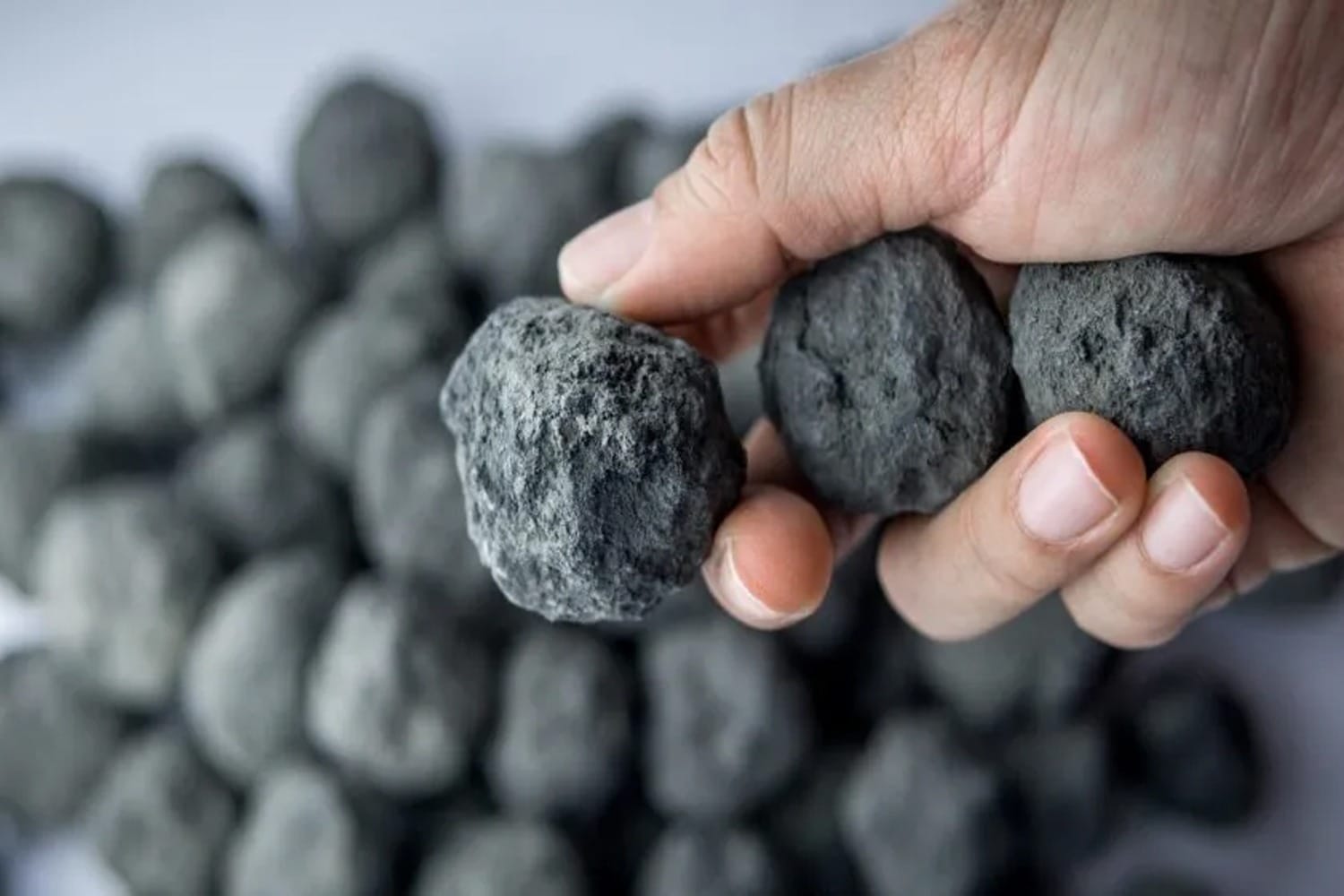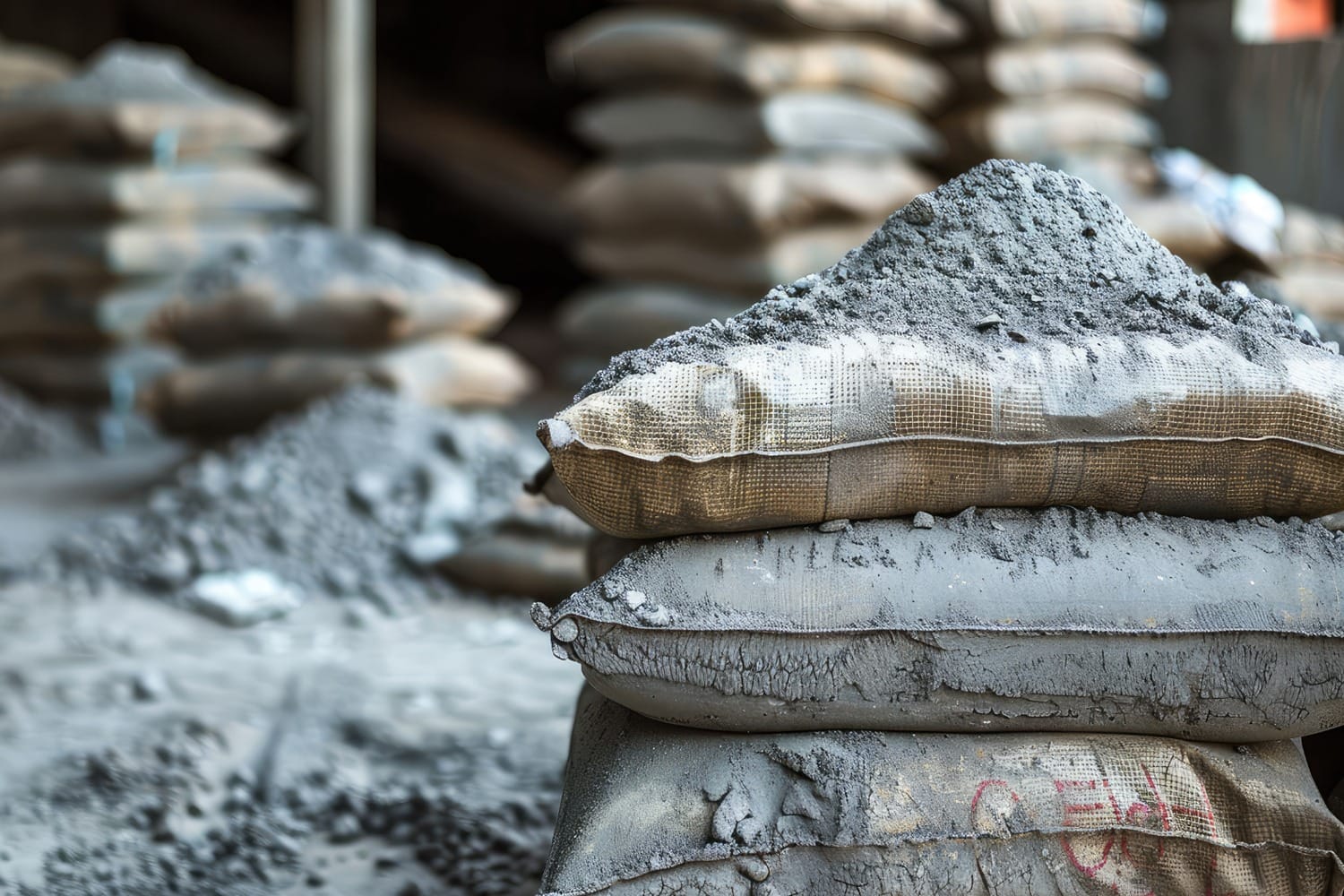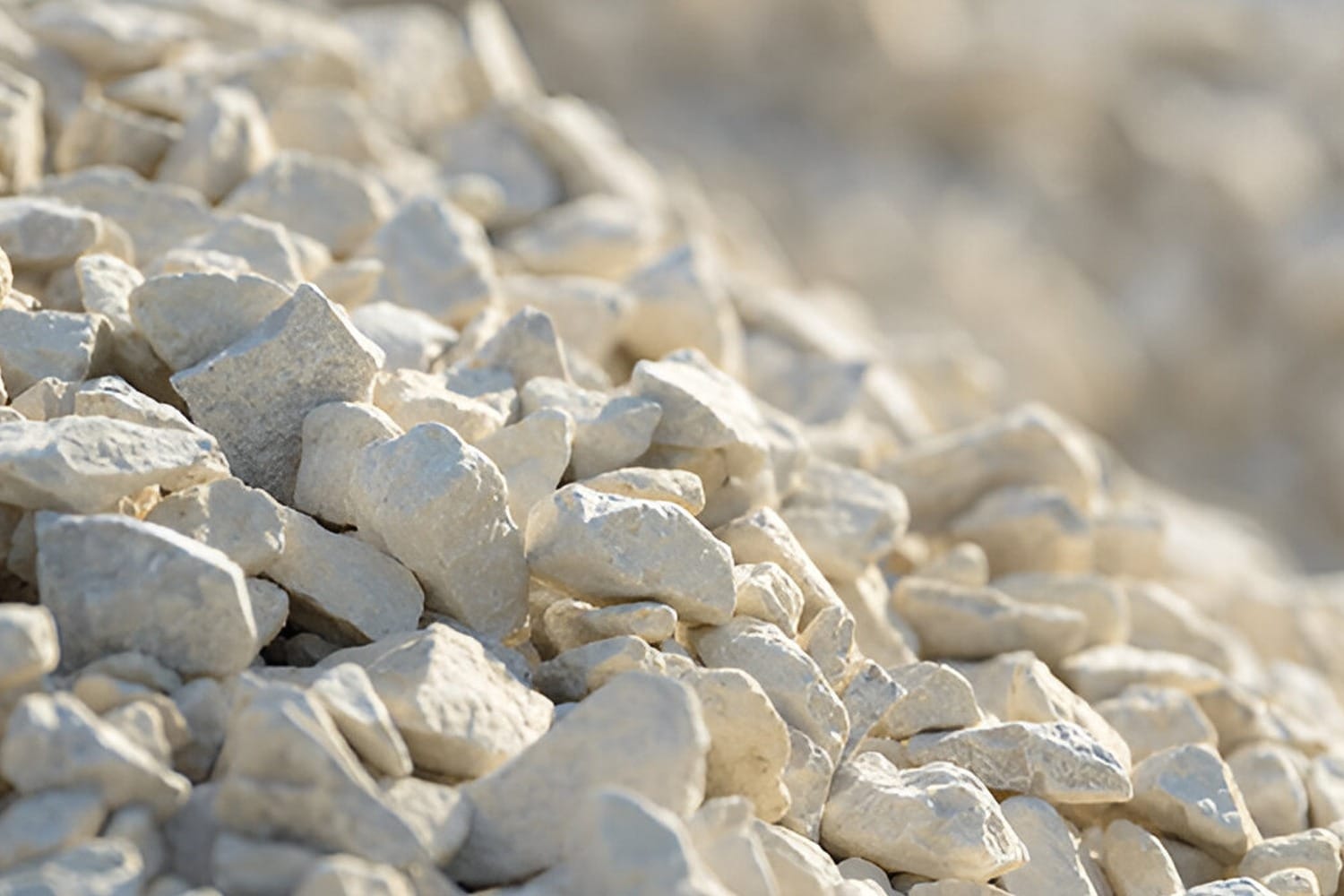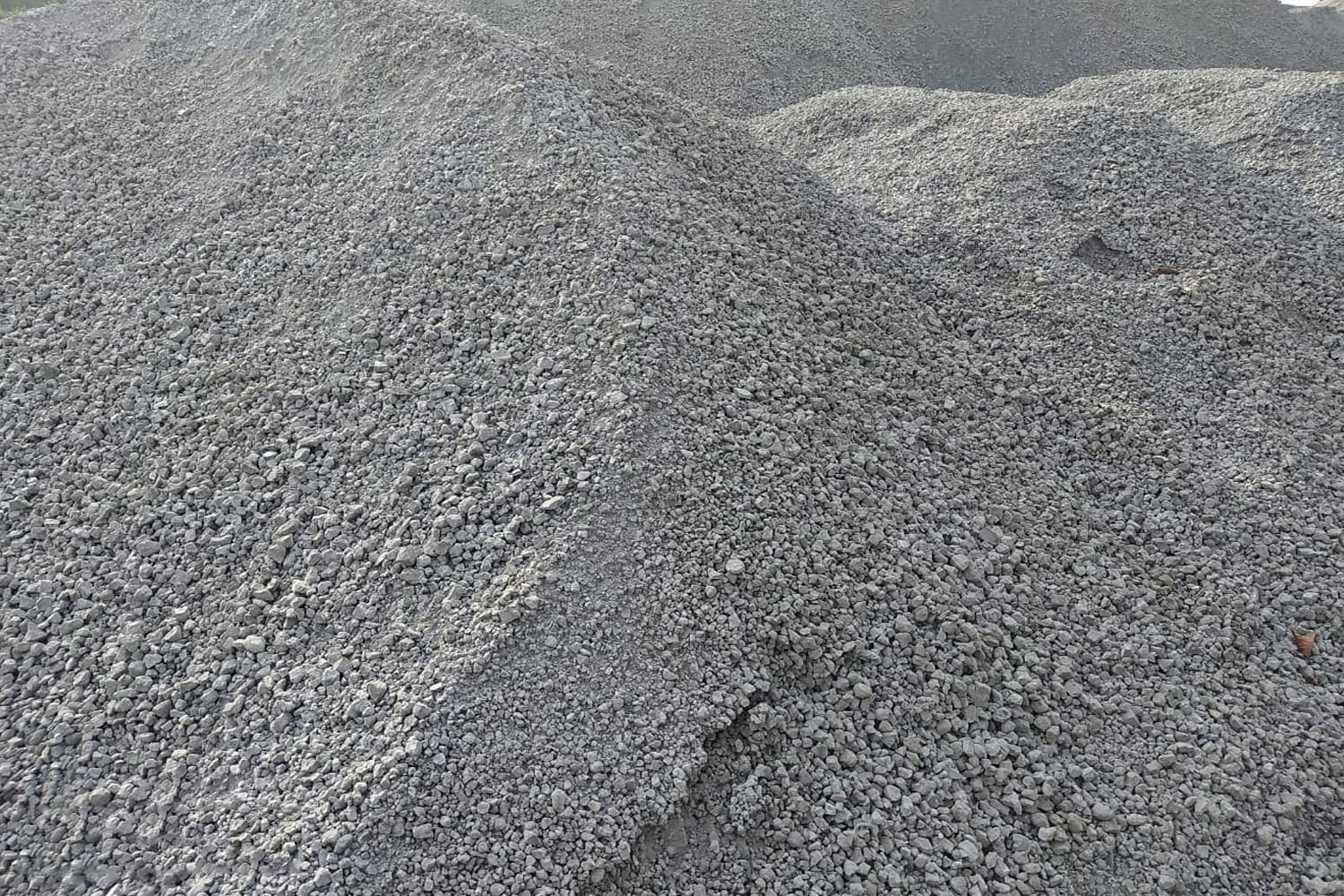
Applications of Natural Gypsum
1. Construction
- Cement Industry: Added during clinker grinding to control the setting time of cement.
- Plaster: Used to make Plaster of Paris (POP), which is used in construction for walls, ceilings, and decorative elements.
- Drywall and Gypsum Boards: Key material for making lightweight and fire-resistant wall panels.
- Soil Stabilization: Used in stabilizing expansive soils for construction purposes.
2. Agriculture
- Soil Conditioner: Improves soil structure, drainage, and aeration.
- Source of Calcium and Sulfur: Essential nutrients for plant growth.
- Neutralizing Sodic Soils: Reclaims alkaline soils by reducing sodium content.
3. Industrial
- Manufacturing: Used in the production of fertilizers, paint, and paper.
- Casting and Molding: Utilized in making molds and casts for ceramics, sculptures, and industrial prototypes.
Benefits of Natural Gypsum
1. Environmentally Friendly
- Synthetic gypsum is a recycled material, reducing industrial waste.
2. Versatile
- Applicable in multiple industries due to its adaptability.
3. Fire Resistance
- Enhances the fire-resistant properties of building materials like drywall.
4. Durability
- Adds strength and longevity to construction materials.
Natural Gypsum in Cement Production
- Prevents premature hardening (flash setting) of cement during mixing.
- Typically added at 3-5% of the cement’s weight during grinding.





